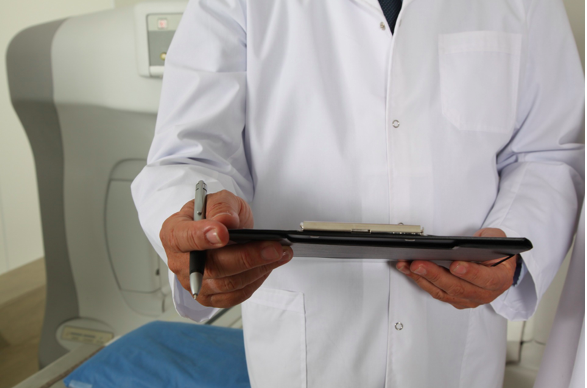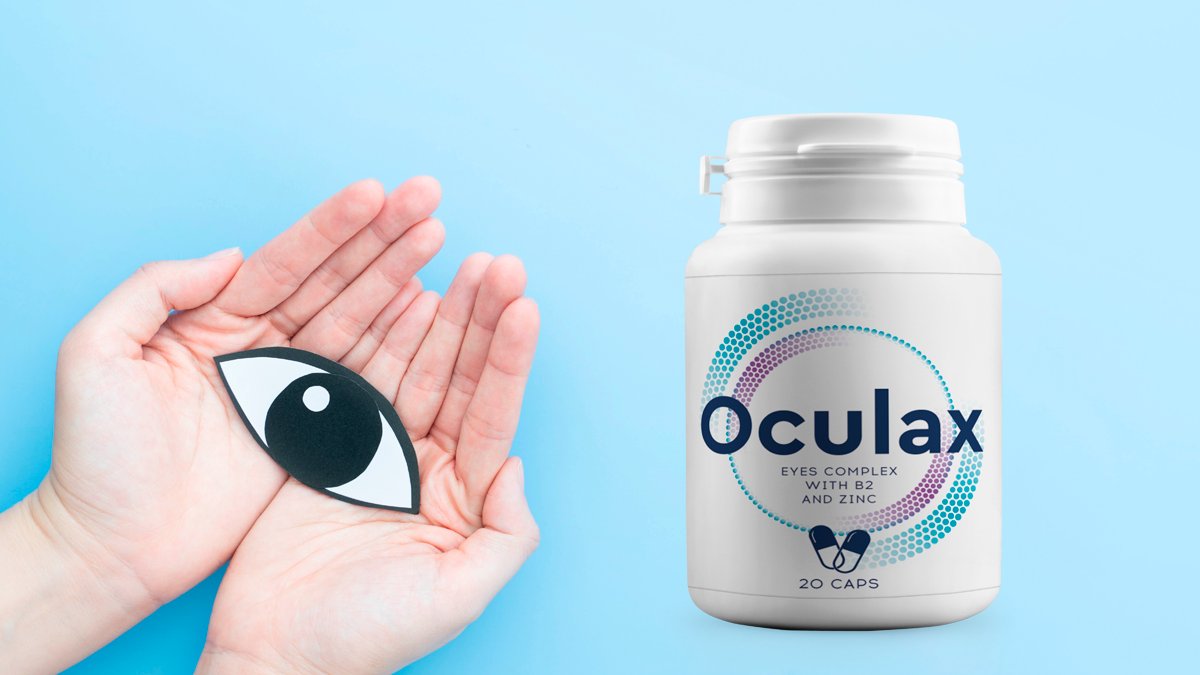People have never been as well-informed about anything as they are now, thanks to the Internet. However, the Internet is proving to be a double-edged sword. There is a lot of inaccurate information online as well, including those covering fields as sensitive as cancer. Read on to find about cancer treatment myths.
Cancer care may have progressed over the decades in all aspects, from prevention and screening to treatment, but that has never stopped the flood of the seemingly steady stream of myths about the disease. There is plenty of misinformation about things such as the supposed hopelessness of being diagnosed with cancer as well as how oncologists are shunning alternative cancer treatments for their patients.
Here are some of the most common cancer and cancer treatment myths out there.
Table of Contents
Death is Certain After Cancer Diagnosis
Science may not have found a cure for cancer just yet, but it is simply Cancer Treatment Myths to assume that a cancer diagnosis is already tantamount to a death sentence.
These days, modern medicine is already capable of detecting cancer in its earliest stages. The earlier the cancer is detected, the sooner treatment can begin. However, in some cases, doctors may recommend active surveillance of the cancer, especially when treating it that early would cause more discomfort than the disease. Doctors typically start treatment once the cancer begins causing symptoms or shows signs of growth.
Nevertheless, early detection and treatment have contributed to the 15% drop in cancer deaths in the United States from 2007-2017.
Not Knowing Is Better
As mentioned in the previous paragraph, early detection and treatment help in a significant way. Not bothering to find out if you have cancer is not going to make the disease, if it’s already in your body, go away.
Cell Phones Cause Cancer
Ever since the advent of the cellular phone, there has been lots of talk about the low-frequency energy it emits causing cancer. So far, however, it’s all talk. Scientists have already been conducting studies about it through the years, but have yet to find a link between cell phones and cancer, which is caused by gene mutations, something which cell phones don’t do.
No Family History of Cancer, No Cancer Risk
While it’s true that those with a family history of cancer have a higher risk of developing the disease, it’s completely false to assume that you won’t develop cancer if no one in your family tree had it.
Keep in mind that only 5–10% of cancer cases are from inherited genetic mutations. An individual’s lifestyle and environment are often the major contributing factors in about 90–95% of cancer cases. Smokers are more likely to develop lung cancer, while those working in sectors where handling asbestos is an everyday occurrence have a higher risk of developing mesothelioma than those who work in an office.
Doctors Are Not Open To Alternative Treatments
Some oncologists and other doctors may hate the idea of their patients seeking complementary and alternative treatments. However, most medical professionals in cancer treatment teams are actually open to the idea, and even encourage their patients to give them a try.
Generally, the only concern of oncologists is that these alternative treatments should never interfere with or replace standard cancer treatments. Many doctors see dietary supplements, acupuncture, yoga, herbs, and other alternative therapies as complementary treatments, all aimed at giving their patients a better quality of life while undergoing typically uncomfortable conventional therapies.
So, if you’re a cancer patient and want to give complementary and alternative therapies a try, bring it up with your oncologist the next time you see each other.
Sugar Worsens Cancer
According to research, cancer cells consume more sugar or glucose than normal cells, but there is no evidence that sugar makes cancer grow. Neither will it shrink or go away if you strike sugar off your diet.
As always, a diet high in sugar puts you at risk of developing diabetes and other medical conditions that come with excessive weight gain. Obesity also makes an individual more likely to develop several types of cancer.
Seniors Are Too Old For Cancer Treatment
Seniors may already have underlying conditions that can make cancer treatment a bit tricky, but forgoing treatment because of their age could be a mistake.
Many elderly cancer patients have already beaten the disease after treatment, and have gone on to add more years to their lives.
Age should never be an excuse not to get treatment because cancer specialists are trained to treat people of all ages.
Deodorant Use Causes Cancer
Most deodorants contain aluminum-based compounds. Some scientists suggest that the skin absorbs these compounds which, once trapped inside the body, leads to the development of breast cancer.
However, Cancer.gov states that until now, no studies have confirmed that aluminum has significant adverse effects that may increase one’s breast cancer risks. There is also no clear evidence that deodorants containing aluminum make users more at risk of developing breast cancer, according to a review conducted in 2014.
Cancer May Spread Because of Surgery
There myth that surgery causes cancer to spread because it exposes the tumor to air is perhaps one of the most dangerous myths about cancer. There is no scientific evidence whatsoever that exposure to air does that.
It has already been proven beyond any doubt that surgery is one of the biggest weapons modern medicine has against the disease. When done early, cancer surgery can help free a patient of the disease. Myths like this are dangerous because they make people have second thoughts about undergoing life-saving surgery.
Cancer is Contagious
Anyone can develop cancer, but there is no way you can catch it, even if you take care of a cancer patient for years. That’s because the disease itself is not contagious.
What’s contagious are viruses that cause cancer, like the human papillomavirus or HPV for cervical cancer and the hepatitis C virus or HCV, which can ultimately lead to liver cancer.
While there is a vaccine for HPV, clinical trials are still ongoing for an HCV vaccine. For now, the best ways to prevent HCV infection include practicing safer sex, demanding the use of sterile needles when getting a tattoo or a body piercing, and quitting the use of illicit drugs, particularly those that require injections.
These are just some of the cancer and cancer treatment myths that persist to this day. Should you encounter any of these myths, it’s always best to ask your doctor about it.









